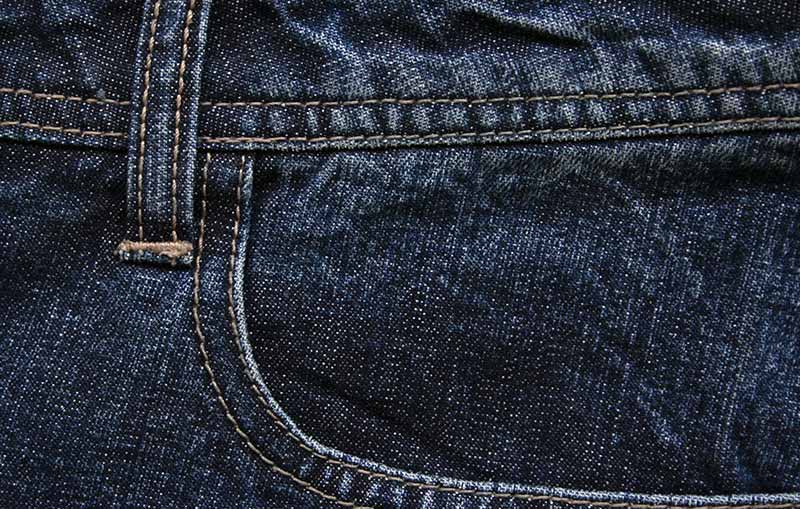Choosing the Right Textile Auxiliary Agent Manufacturer
Selecting the right manufacturer for textile auxiliary agents is a critical decision that directly impacts the quality and performance of textiles in various applications. This article provides a comprehensive guide on the key factors to consider when choosing a textile auxiliary agent manufacturer.
1. Industry Reputation:
Begin by researching the reputation of potential manufacturers. Look for companies with a proven track record of delivering high-quality and reliable textile auxiliary agents. Reading customer reviews, checking industry certifications, and seeking recommendations can provide valuable insights into a manufacturer's reputation.

2. Product Portfolio:
Evaluate the range of textile auxiliary agents offered by each manufacturer. A diverse product portfolio indicates expertise and adaptability. Ensure that the manufacturer provides the specific types of auxiliaries required for your intended applications, whether it be dyes, fixatives, softeners, or other specialized chemicals.
3. Quality Standards:
Check if the manufacturer adheres to industry quality standards and certifications. Compliance with standards such as ISO, Oeko-Tex, or other relevant certifications ensures that the textile auxiliary agents meet recognized benchmarks for quality, safety, and environmental responsibility.
4. Research and Development Capabilities:
An innovative and research-driven manufacturer is more likely to provide cutting-edge solutions. Inquire about the manufacturer's research and development capabilities, as well as their commitment to staying abreast of industry trends and technological advancements.
5. Technical Support:
Choose a manufacturer that offers robust technical support. Access to knowledgeable technical staff can be invaluable, especially when troubleshooting issues or seeking advice on the optimal use of specific textile auxiliary agents. Responsive customer support contributes to a smooth and collaborative business relationship.
6. Environmental and Sustainability Practices:
In the modern textile industry, environmental responsibility is paramount. Evaluate the manufacturer's commitment to sustainable practices, such as eco-friendly production processes, waste reduction, and the use of environmentally friendly raw materials. A manufacturer aligned with sustainable practices can enhance the overall environmental profile of your textile products.
7. Supply Chain Reliability:
Assess the reliability of the manufacturer's supply chain. Timely delivery of textile auxiliary agents is crucial for maintaining production schedules. Choose a manufacturer with a dependable supply chain to avoid disruptions in your operations.
8. Cost Considerations:
While cost is a factor, it should not be the sole determinant. Consider the overall value provided by the manufacturer, taking into account factors such as product quality, technical support, and reliability. A slightly higher upfront cost may be justified by long-term benefits in terms of product performance and customer satisfaction.
Choosing the right textile auxiliary agent manufacturer is a strategic decision that requires careful consideration. By evaluating factors such as industry reputation, product portfolio, quality standards, research and development capabilities, technical support, environmental practices, supply chain reliability, and cost considerations, you can make an informed decision that aligns with the specific needs and values of your textile manufacturing operations.
